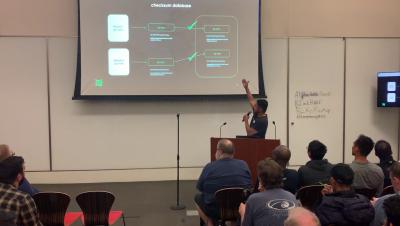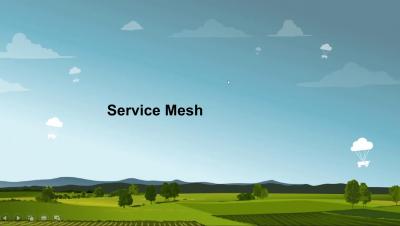March 2020 Online Meetup: Automating K3s Cluster Upgrades
While developing K3s to run at the edge we had to change our assumptions about how to manage these clusters at scale. A key assumption in a data center is that you have stable network connectivity, but this may not be true at the edge. You may have unreliable cellular service or limited time during the day in which you can connect. In these environments, operations such as upgrading Kubernetes or patching an operating system require a different paradigm.











